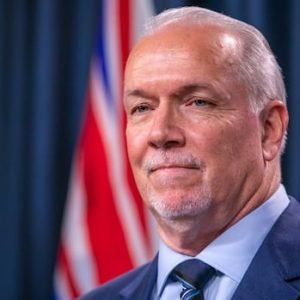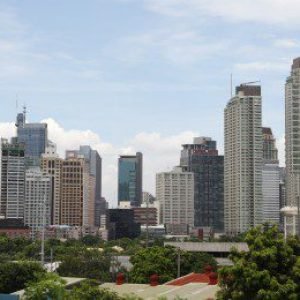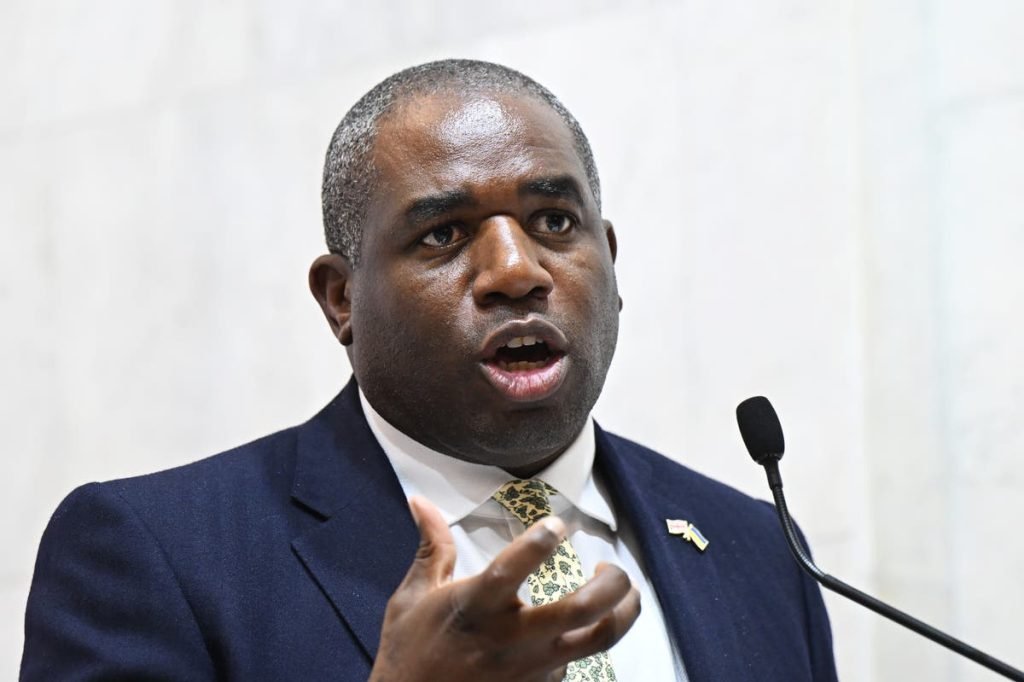
The UK foreign secretary David Lammy has said the government has opened “diplomatic contact” with the Syrian rebels who ousted Bashar al-Assad’s regime last weekend.
Hayat Tahrir al-Sham (HTS) is still a proscribed terrorist organisation in the UK, Mr Lammy said on Sunday, during remarks in which he also announced a £50 million humanitarian aid package for vulnerable Syrians.
“We want to see a representative government, an inclusive government. We want to see chemical weapons stockpiles secured, and not used, and we want to ensure that there is not continuing violence,” Mr Lammy told the BBC.
“For all of those reasons, using all the channels that we have available, and those are diplomatic and of course intelligence-led channels, we seek to deal with HTS where we have to.”
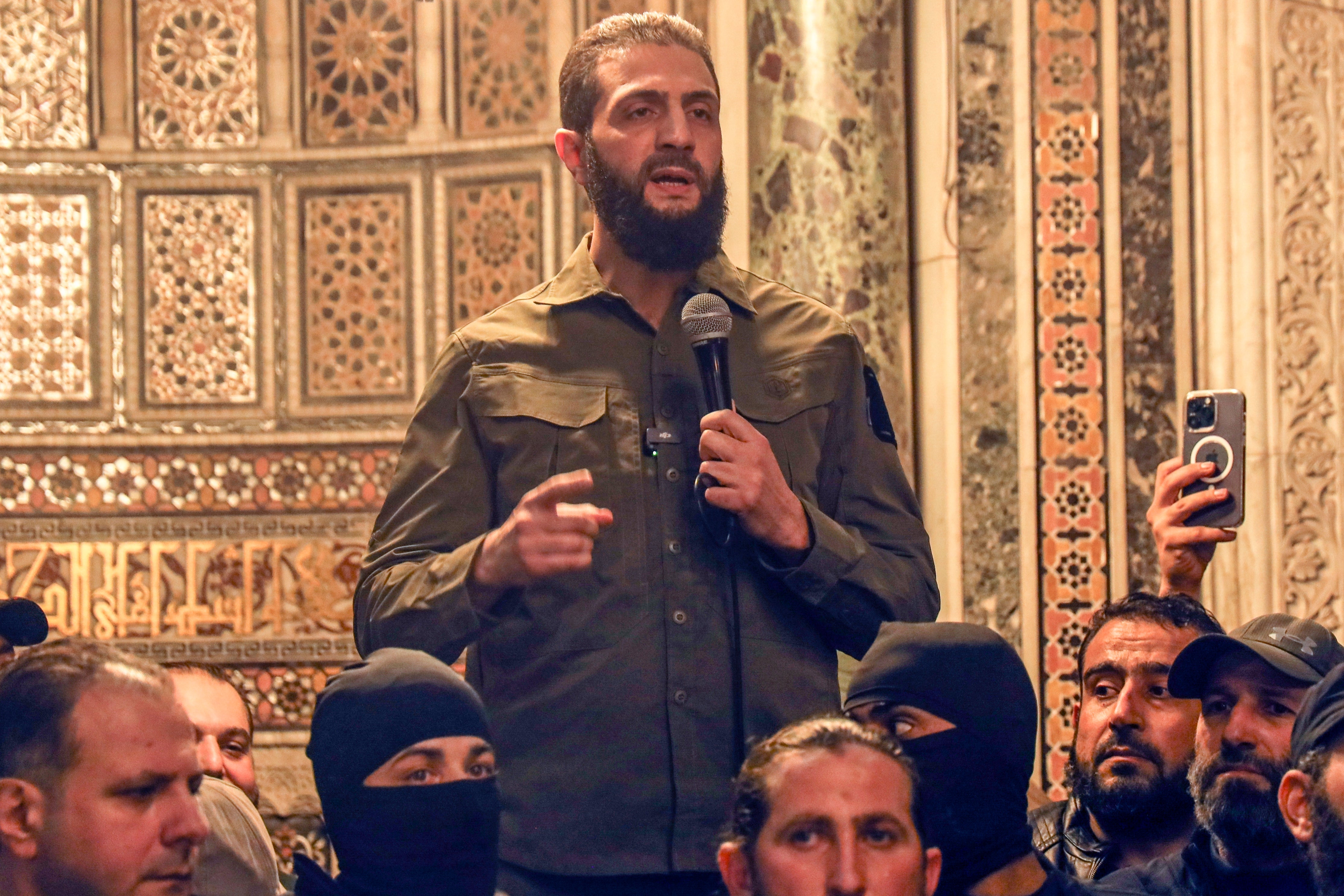
Since HTS led the rebel offensive which caused the collapse of the Assad regime, Western governments have debated how the new Syrian rulers should be approached, given HTS’s links to al-Qaeda.
His US counterpart Antony Blinken said on Saturday the US had made “direct contact” with HTS.
The £50m humanitarian aid package will be delivered through UN and NGO agencies to Syrians in the country and to refugees in Lebanon and Jordan, the Foreign Office said.
It comes after Britain joined talks hosted by Jordan in Aqaba on Saturday, attended by delegates from the US, France, Germany, the Arab Contact Group, Bahrain, Qatar, Turkey, the United Arab Emirates, the EU and the UN.
They agreed that a “non-sectarian and representative government” is needed in Syria, alongside the protection of human rights, access for humanitarian aid, the safe destruction of chemical weapons and the continued fight against terrorism.
The Foreign Office said on Sunday: “The UK urges the transitional government to adhere to these principles to build a more hopeful, secure and peaceful Syria.”
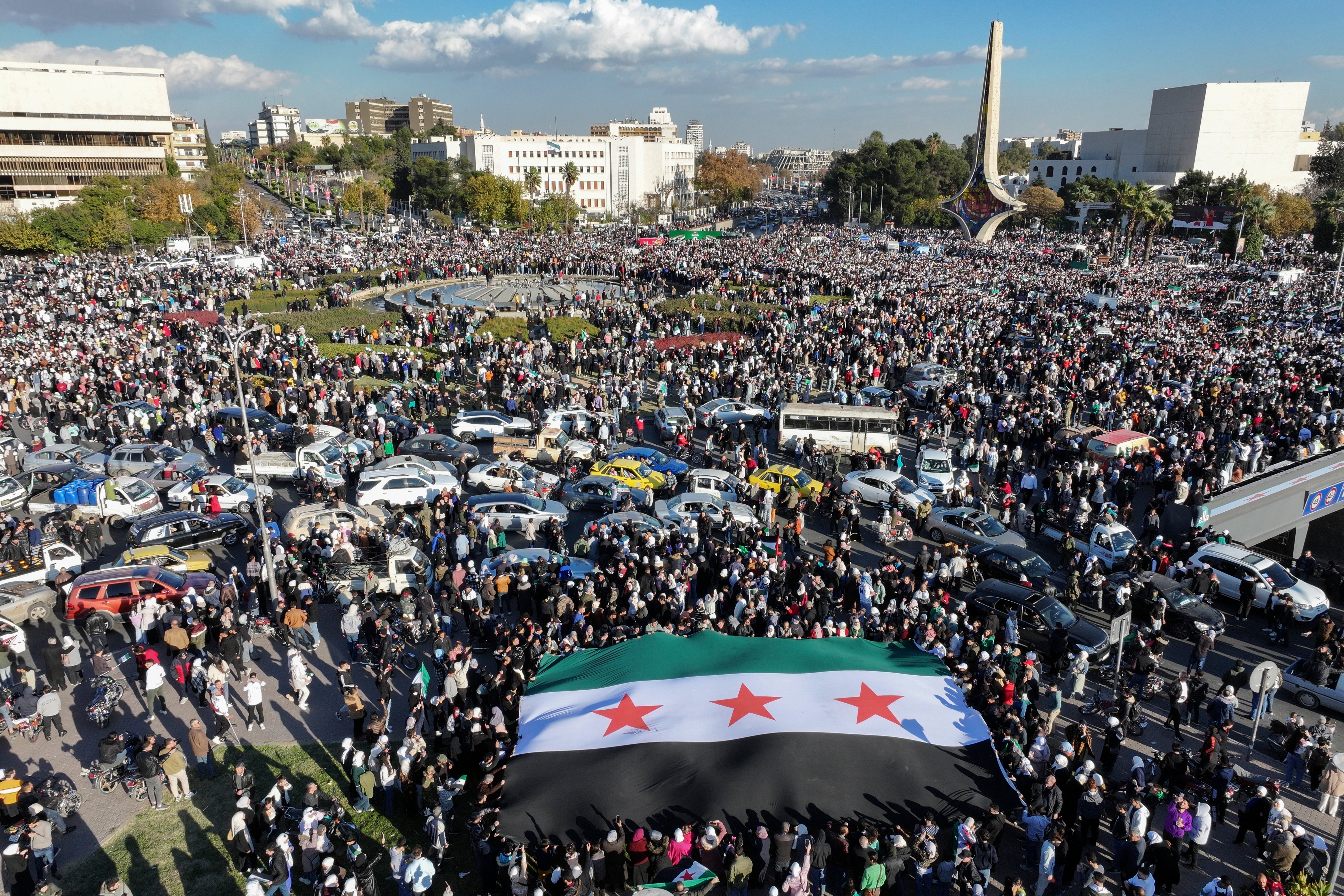
£30 million of the funding will be allocated for food, shelter and emergency healthcare, £10 million to the World Food Programme (WFP) in Lebanon and £10 million to WFP and the UN’s refugee agency, UNHCR in Jordan.
Some £120,000 has also been allocated to the Organisation of the Prohibition of Chemical Weapons (OPCW), the department added.
Mr Lammy said: “The fall of the horrific Assad regime provides a once-in-a-generation chance for the people of Syria.
“We’re committed to supporting the Syrian people as they chart a new course, first by providing £50 million in new food, healthcare and aid to support the humanitarian needs of vulnerable Syrians. Second, by working diplomatically to help secure better governance in Syria’s future.
“This weekend the UK and its partners came together to agree the principles required to support a Syrian-led transitional political process. It is vital that the future Syrian government brings together all groups to establish the stability and respect the Syrian people deserve.”
Sir Keir Starmer told a virtual meeting of the G7 leaders that Assad’s fall “should be welcomed but we must be cautious about what comes next”.
A statement on Thursday from the group said they were committed to working to ensure any future Syrian government demonstrates “respect for the rule of law, universal human rights, including women’s rights, the protection of all Syrians, including religious and ethnic minorities, transparency and accountability”.

